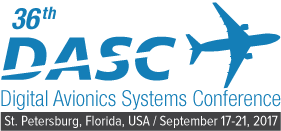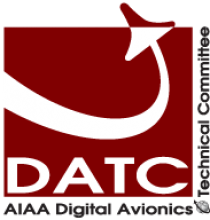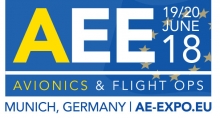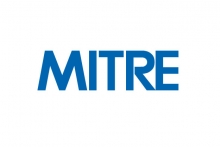Thursday, September 21

Tim Etherington
Rockwell Collins
From NACA to NASA: 100 years of Aviation Research at NASA Langley Research Center
The National Advisory Committee for Aeronautics, or NACA, began with one center in 1917, the Langley Memorial Aeronautical Laboratory in Hampton, Virginia. With inspired engineers, a small fleet of aircraft and a growing collection of unique wind tunnels, the NACA developed a reputation for extraordinary research, the results of which were usually widely distributed. That research had an extraordinary impact on the nation’s – and the world’s – aeronautical development. The results manifested themselves in many ways: much greater flight safety, jumps in airliner efficiency and reliability, higher aircraft speeds, and ever better design tools, to list but a few. Between 1915 and 1958 the NACA published more than 16,000 reports for public use regarding aeronautical design, research, safety, and development. In that time it won outright or shared in five Collier Trophies, an award established in 1911 and presented “for the greatest achievement in aeronautics or astronautics in America, with respect to improving the performance, efficiency and safety of air or space vehicles, the value of which has been thoroughly demonstrated by actual use during the preceding year.”
NASA also was responsible for evaluating new safety systems for passenger travel and military aircraft, developing the very first self-repairing flight control systems in aircraft, developing and bringing to practical use new, lightweight instrumentation systems and much more. Since NASA’s founding in 1958 it has won outright or shared in 12 Collier Trophies.
One hundred years and counting the NACA’s legacy is alive and well: NASA is with you when you fly.
Bio
Timothy Etherington graduated from North Dakota State University with a Master of Science in Electrical Engineering in 1987. Tim is a Rockwell Collins Technical Fellow currently assigned to NASA Langley Research Center in Hampton Virginia. Mr. Etherington has worked at Rockwell Collins for over twenty-five years with extensive experience in military and commercial flight deck design and applied human factors. He helped design the flight decks for the Canadair Regional Jet and other business and regional primary flight display systems. He led the perspective, synthetic and enhanced flight deck research at Rockwell Collins including the flight-testing completed with NASA Langley and Air Force Research labs. He holds an FAA Airline Transport Pilot certificate with a Citation Type Rating and holds commercial fixed wing and private pilot rotorcraft ratings. Mr. Etherington is co-chair for RTCA SC-213 working on standards for enhanced and synthetic vision systems. SC-213 won an AW&ST Laureate in 2014.











